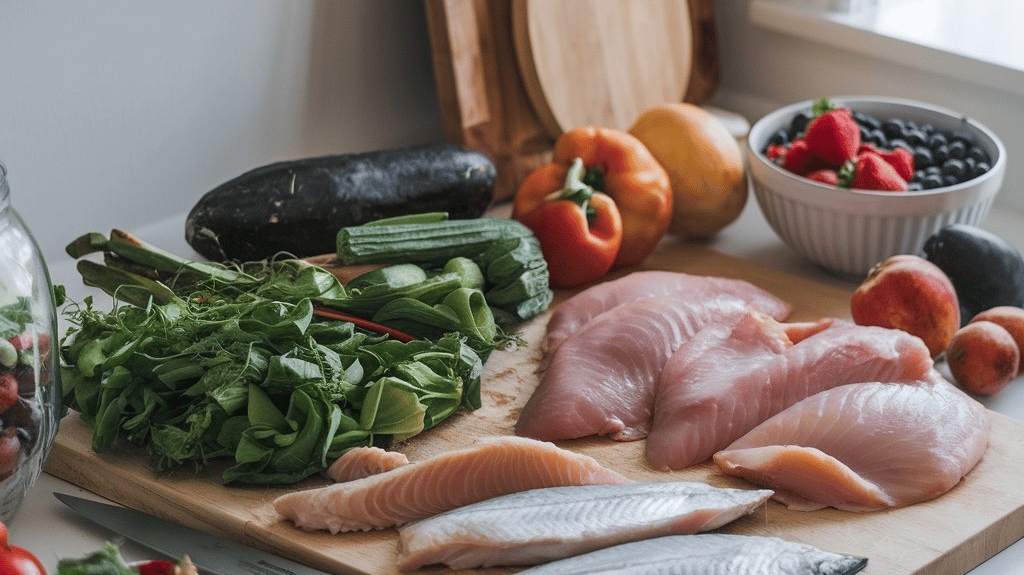How To Reduce HSV Flare-Ups As Much As Possible
Understanding HSV and flare ups, dietary tips, lifestyle changes, management and preventive strategies.
Healing Space
7/29/20254 min read


Living with Herpes Simplex Virus (HSV) can be tough, especially when a flare-up hits.
Flare-ups can be stressful, frustrating, and let’s be real, they really mess with your confidence.
It’s not just the physical symptoms that get you down, but the emotional toll too.
People stare at your cold sore, ask what’s going on, and the moment you say it’s a cold sore, they assume the worst. You didn’t get it from anything “bad,” but the stigma sticks.
In this article, we’ll share some tips that have helped people manage both HSV-1 and HSV-2 flare-ups—from dietary adjustments to lifestyle changes—and introduce you the Healing Space, a platform that offers natural ways to manage HSV while supporting your emotional well-being.
Understanding HSV and Flare-Ups
Whether it’s HSV-1 (cold sores) or HSV-2, these flare-ups can really make life difficult.
Flare-ups often come out of nowhere—usually when we’re stressed or exhausted.
What’s frustrating is that the flare-up itself adds more stress. It’s not just about how often you get an outbreak but how it impacts your mood and confidence.
People often ask, “How often does HSV-2 flare up?” That depends on the person.
Some people experience outbreaks several times a year, especially early on. Over time, these flare-ups tend to happen less often, but during that first year, it can feel like they never end .
And for both HSV-1 and HSV-2, dealing with the stigma can feel as tough as dealing with the symptoms.
Dietary Tips for Managing HSV
One of the biggest things we’ve learned is how much diets can affect your HSV flare-ups.
There are certain foods that can make outbreaks worse, and others that help keep them at bay.
HSV Foods to Avoid
All processed foods, alcohol, and sugary snacks weaken your immune system, making flare-ups more frequent.
It can be tough to say no to that second cup of coffee or a glass of wine, but cutting back really makes a difference .
The Right Foods for an HSV Diet
Adding immune-boosting foods like leafy greens, berries, and garlic can really help.
And remember, if you slip up and indulge, you’re only human! The key is to keep trying.


Lifestyle Changes to Prevent Flare-Ups
Managing HSV isn’t just about what you eat—it’s about how you live, too.
Managing Stress:
High stress levels and HSV flare-ups are usually connected.
Practicing mindfulness, doing yoga, or even taking a few minutes a day to meditate really help reduce flare-ups.
Sometimes, just stepping away from work for a quick walk can help reset and calm the mind.
Getting Better Sleep
Sleep is another big factor. If you tend to run on little sleep, it can take a toll.
Try your best to get 7-8 hours of quality sleep a night.
It’s hard to manage everything when you’re exhausted, so make sleep a priority.
Staying Hydrated
It’s easy to overlook, but drinking enough water can make a huge difference in how you feel.
When hydrated, the body is better equipped to handle stress, which in turn helps prevent outbreaks .


Managing an Active HSV Flare-Up
Flare-ups happen. Even when you’re doing everything right, you might still wake up one morning with that familiar tingle on your lip or feel the symptoms of HSV-2 flare-ups coming on.
When this happens, it’s easy to feel embarrassed or anxious, especially if you’re dealing with a cold sore that’s hard to hide.
Home Remedies for Symptom Relief
Using remedies like warm compresses, aloe vera, or even wearing loose clothing can help reduce discomfort during a flare-up . It’s important to take care of yourself during these times—emotionally and physically.
Long-Term Management and Preventive Strategies
Managing HSV long-term is all about understanding your body and making lifestyle changes that prevent frequent flare-ups.
Tracking your triggers, sticking to a balanced diet, and incorporating daily habits like reducing stress are all key steps in this process.
But let’s be real—trying to figure out the right balance of diet, stress management, and healing on your own can feel like a lot to handle.
You need a holistic approach that addresses all the different aspects of your health, both physical and emotional.
This means creating a personalized plan that helps with everything from nutrition to reducing flare-ups and managing the emotional weight that often comes with HSV.
That’s where the Healing Space comes in, by making sure you’re not navigating this journey alone, so you can focus on healing and living a healthier, more balanced life.


Conclusion
Dealing with HSV, especially during flare-ups, can be emotionally and physically draining.
It’s normal to feel self-conscious or frustrated when you experience an outbreak, but you’re not alone in this.
Whether it’s through managing your diet, reducing stress, or seeking support from loved ones, there are many ways to take control of your health and feel empowered.
If you’re ready to manage HSV in a holistic, stigma-free way, continue exploring our various helpful resources :


© 2026 Healhsv.com
